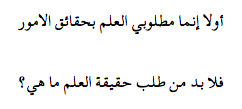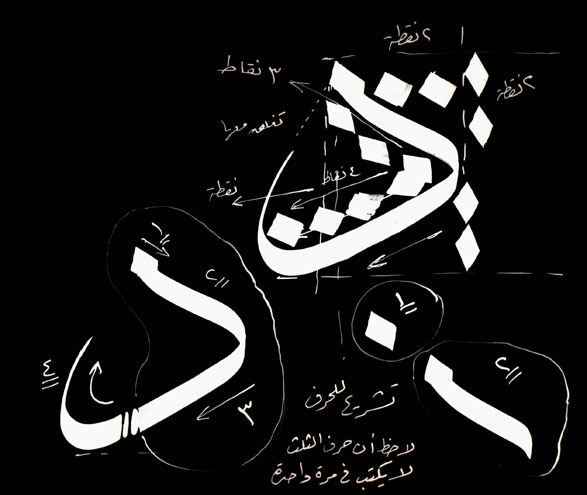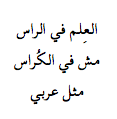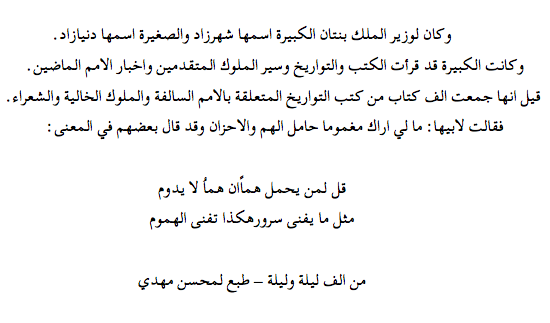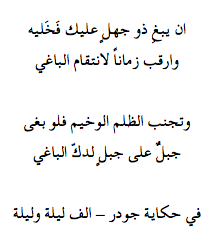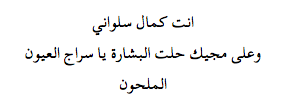Quotes
Some Favorite Quotations in Arabic Literature
On art, literature, and writing

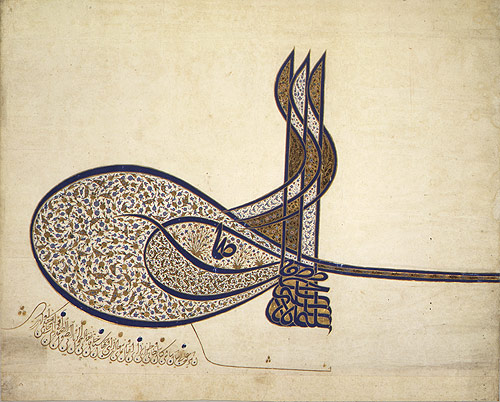 Horses, night, and the desert know me
And the sword, the spear, paper, and the pen
Horses, night, and the desert know me
And the sword, the spear, paper, and the pen
– a famous line of poetry by the poet Al-Mutanabbi (known for his bragging!) from 10th century Baghdad
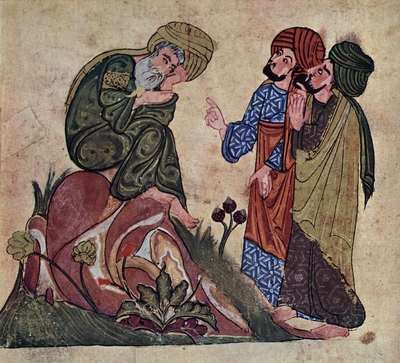 On education
On education
What I want is knowledge of how things really are,
so must I not [first] try to find out what knowledge really is?
– from المُنْقِذ من الضلال / Deliverance from Error, by Al-Ghazali, a philosopher of 11th century Baghdad and the Arab empire
Knowledge is in the head
- Not in the notebook*– Arab proverb
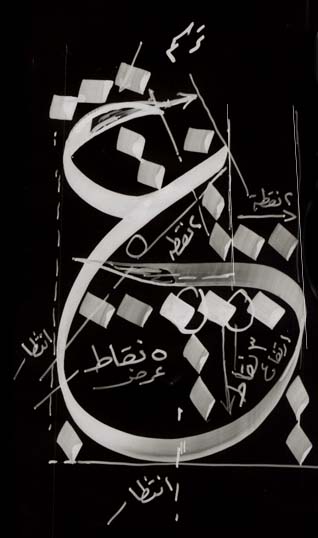 The king’s adviser had two daughters: the elder named Shahrazad, and the younger named Dunyazad. The eldest had read the great books, history, the ancient sagas of kings, and tales of past nations. It was said that she had collected a thousand books on the history of great peoples, and on the chief rulers and poets. She said to her father: Why do I see you upset, carrying worries and sadness? As it is said: “Tell the one who carries worries that worries don’t last forever. Just as happiness ends, so worries end also.” – from the opening story of الف ليلة وليلة / The One Thousand and One Nights in the Arabic Mohsen Mahdi edition, transcribed from a 14th century manuscript
The king’s adviser had two daughters: the elder named Shahrazad, and the younger named Dunyazad. The eldest had read the great books, history, the ancient sagas of kings, and tales of past nations. It was said that she had collected a thousand books on the history of great peoples, and on the chief rulers and poets. She said to her father: Why do I see you upset, carrying worries and sadness? As it is said: “Tell the one who carries worries that worries don’t last forever. Just as happiness ends, so worries end also.” – from the opening story of الف ليلة وليلة / The One Thousand and One Nights in the Arabic Mohsen Mahdi edition, transcribed from a 14th century manuscript
 On life
On life
If an idiot wants to do you harm, disregard him
and leave it to time to teach him his lesson
And avoid dirty injustice, for when a mountain seeks to harm
another mountain, the aggressor will be ruined.
– Poetry in the Story of Jawdar, *One Thousand and One Nights *Mohsen Mahdi edition of 14th century manuscript
“There are two blessings which many people lose: good health and free time.”
– a saying of the prophet Muhammad, narrated by Ibn Abbas and recorded by Bukhari, a 9th century scholar (see Kitab al-Raqaq in Sahih al-Bukhari)
 On displacement
On displacement
 la anta anta wala diyaru diyaru
la anta anta wala diyaru diyaru
You are not you, and home is not home
– opening words in a poem by Abu Tammam
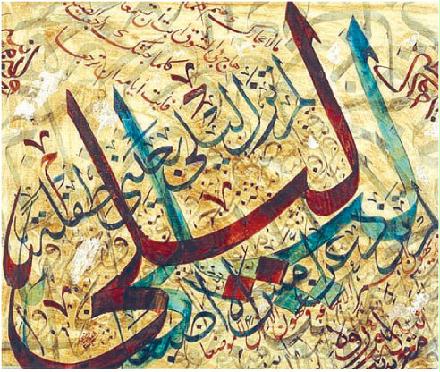 On love
On love
You are the completion of my happiness
When you approach, good news alights, O Light of My Eyes
– a line of Moroccan malhun poetry (the subject of my dissertation)
On religion and spirituality
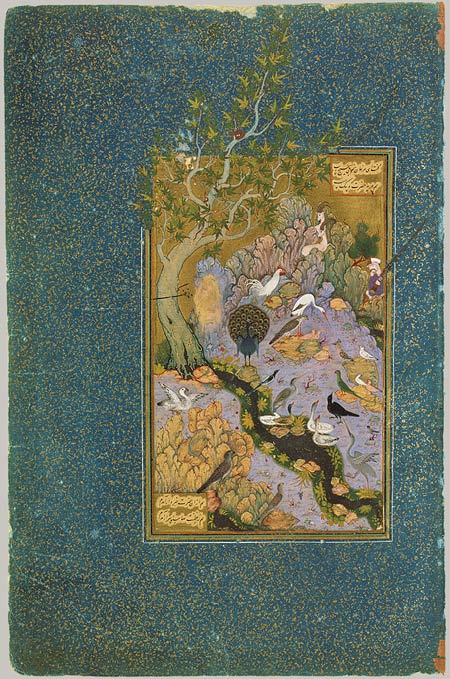 I fell in love; Is there anything wrong with love?
I fell in love; Is there anything wrong with love?
- Love did not muddle my head*
- What did I and the others do wrong? How they revile me!*
- My religion is my affair and other people’s religion is theirs.*
– by Abu Nuwas (Iraq c. 756-810) from Diwan Abi Nuwas al-Hasan ibn Hani, ed. Ahmad Abd al-Majid al-Ghazzali (Beirut: Dar al-Kitab al-‘Arabi, 1966): 265
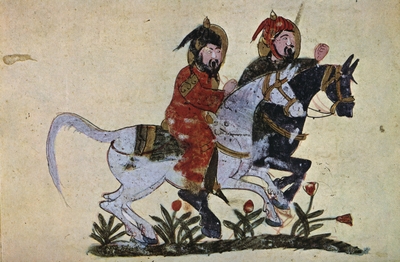 On travel
On travel
lisan jadid, insan jadid
New language, new person.
– An Arab proverb on the effects of language learning
See also 88 Arabic Proverbs

